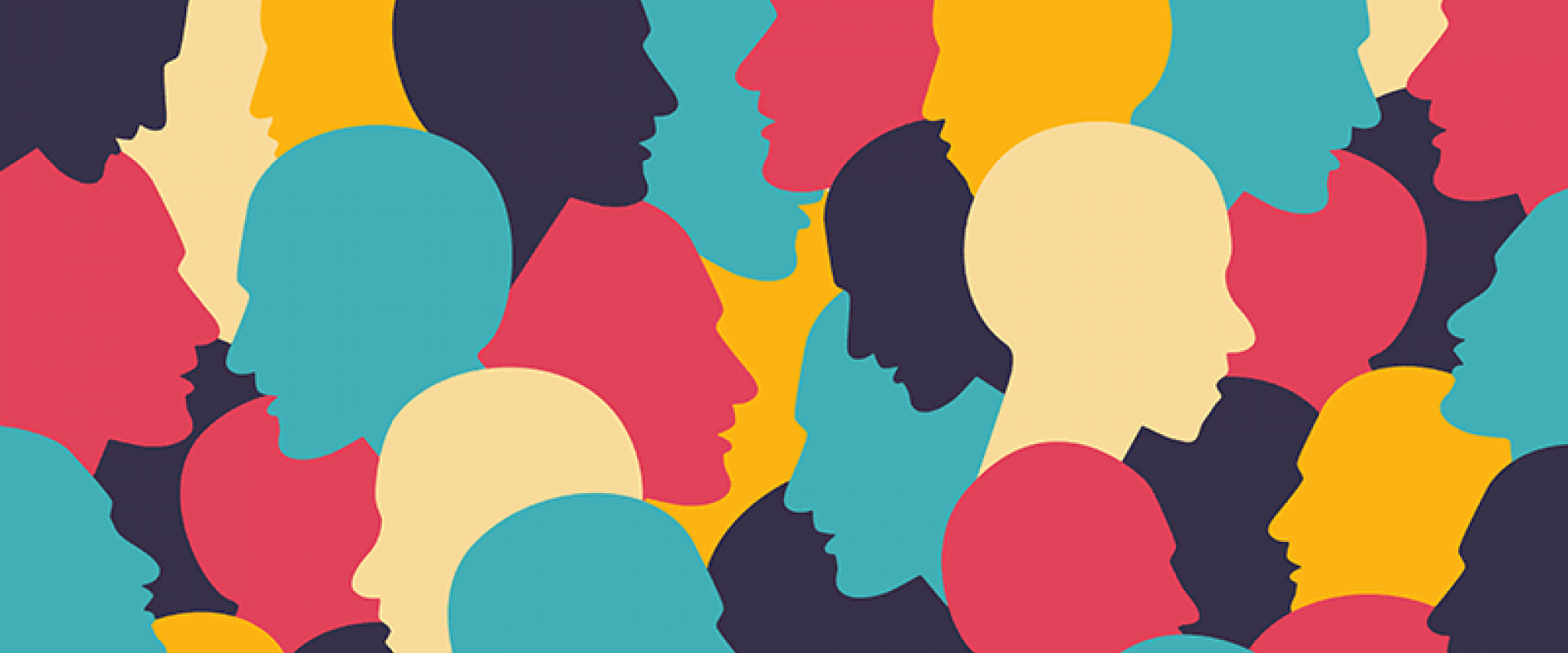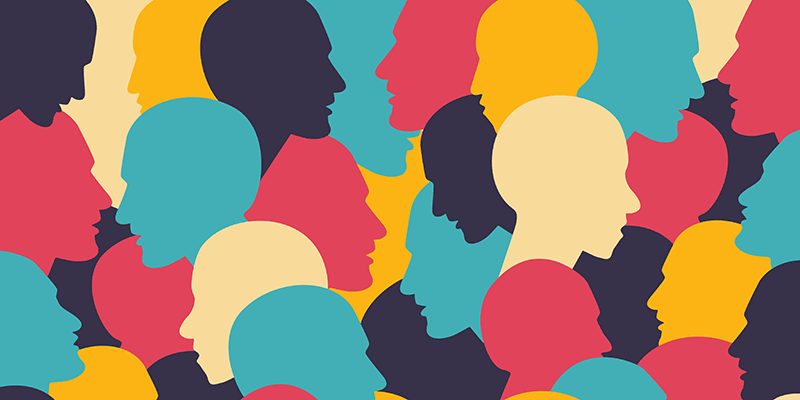
World Mental Health Day 2024

World Mental Health Day 2024: Resources and Awareness for Sustainable Development Goals
World Mental Health Day 2024 is an annual event observed on October 10th, designed to raise awareness about mental health issues and mobilise efforts in support of mental health. Established in 1992 by the World Federation for Mental Health (WFMH), this event seeks to encourage open discussions about mental health, promote education and awareness, and advocate for improved access to mental health services worldwide. This article will explore the importance of World Mental Health Day, resources available to support mental health, and how it contributes to achieving the United Nations' Sustainable Development Goals (SDGs).
The Importance of World Mental Health Day 2024
Mental health is a critical component of overall health and well-being. However, mental health disorders have long been stigmatised and misunderstood, leading to a lack of awareness, insufficient resources, and limited access to necessary care. According to the World Health Organization (WHO), approximately one in four people worldwide will be affected by a mental or neurological disorder at some point in their lives. This makes mental health a significant global concern that requires immediate attention.
World Mental Health Day 2024 serves as an essential platform for raising awareness, promoting understanding, and encouraging dialogue about mental health issues. By celebrating this day, individuals, organisations, and governments can come together to share knowledge, resources, and expertise, fostering a collective effort to address mental health challenges.
The Role of World Mental Health Day in Achieving Sustainable Development Goals
The United Nations' Sustainable Development Goals (SDGs) are a set of 17 goals aimed at creating a more sustainable, equitable, and prosperous future for all by 2030. Mental health plays a vital role in achieving several of these goals, particularly SDG 3: Good Health and Well-Being. Ensuring access to quality mental health services is essential for fostering healthy and resilient communities, reducing inequalities, and promoting sustainable development.
World Mental Health Day 2024 supports the SDGs by:
Raising Awareness: By increasing awareness about mental health issues and the need for mental health services, World Mental Health Day encourages governments and stakeholders to invest in mental health care, helping to achieve SDG 3.
Reducing Stigma: By promoting understanding and empathy, World Mental Health Day helps break down barriers that hinder people from seeking mental health care. This contributes to achieving SDG 10: Reduced Inequalities.
Encouraging Collaboration: World Mental Health Day facilitates partnerships between governments, non-governmental organisations, and communities, fostering cooperation and knowledge exchange. This aligns with SDG 17: Partnerships for the Goals.
Resources for World Mental Health Day 2024
There are numerous resources available to support World Mental Health Day initiatives, ranging from educational materials to advocacy tools. Some of these resources include:
World Health Organization (WHO): The WHO offers a wealth of resources on mental health, including fact sheets, multimedia materials, and guidelines for policy and practice. These resources can be found on their website, including a dedicated page for World Mental Health Day.
World Federation for Mental Health (WFMH): As the organisation responsible for establishing World Mental Health Day, the WFMH provides resources such as campaign toolkits, advocacy materials, and information on mental health topics. Visit their website for more information and to access these resources.
Mental Health Foundation (MHF): This UK-based organisation offers a wide range of mental health resources, including guides, reports, and toolkits for promoting mental health awareness and well-being. Their materials can be accessed through their website and are suitable for use in World Mental Health Day initiatives.
Time to Change: Time to Change is a UK-based campaign that aims to end mental health discrimination. They offer numerous resources, such as guides, videos, and personal stories, which can be used to support World Mental Health Day efforts.
Mind: Mind is a leading mental health charity in the UK, offering a variety of resources to help people understand and manage their mental health. Their website features information, advice, and support for those experiencing mental health problems, as well as resources for promoting mental health awareness.
National Health Service (NHS): The NHS provides an extensive range of mental health resources, including self-help guides, support services, and information on accessing professional help. These resources can be used to inform and educate individuals about mental health and well-being.
How to Participate in World Mental Health Day 2024
There are numerous ways to get involved in World Mental Health Day, both individually and collectively. Here are some ideas for participating in this important event:
Educate Yourself: Familiarise yourself with mental health issues and learn how they affect individuals and communities. Share this information with others to raise awareness and break down stigma.
Start a Conversation: Engage in open discussions about mental health with friends, family, and colleagues. Share your experiences and encourage others to do the same, fostering empathy and understanding.
Organise an Event: Host a mental health awareness event in your community, workplace, or school, using resources such as those listed above. This can include workshops, presentations, or support groups.
Use Social Media: Leverage social media platforms to share information about World Mental Health Day and mental health issues. Use hashtags such as #WorldMentalHealthDay and #WMHD2023 to join the global conversation.
Support Mental Health Charities: Donate to organisations that advocate for mental health, provide support services, or conduct research. Volunteering your time is another valuable way to contribute.
Advocate for Change: Encourage your local government and community leaders to prioritise mental health by investing in services, policies, and programmes that promote mental health and well-being.
World Mental Health Day 2024 is a crucial event for raising awareness about mental health issues and mobilising efforts to improve mental health care worldwide. By participating in this event and utilising the resources available, we can contribute to achieving the United Nations' Sustainable Development Goals and creating a more equitable, sustainable future for all. Remember, mental health matters, and together, we can make a difference.
Here's a look at the themes for World Mental Health Day, starting from its inception:
| Year | Theme | Awareness Topic |
|---|---|---|
| 1994 | Improving the Quality of Mental Health Services throughout the World | Highlighting the importance of quality in mental health care worldwide. |
| 1996 | Women and Mental Health | Addressing mental health issues specific to women. |
| 1997 | Children and Mental Health | Focusing on the mental well-being of the younger generation. |
| 1998 | Mental Health and Human Rights | Ensuring the rights of individuals with mental health conditions are protected. |
| 1999 | Mental Health and Aging | Addressing mental health issues in the elderly. |
| 2000–01 | Mental Health and Work | Understanding the interplay between mental well-being and the workplace. |
| 2002 | The Effects of Trauma and Violence on Children & Adolescents | Raising awareness on the mental impact of trauma on young individuals. |
| 2003 | Emotional and Behavioural Disorders of Children & Adolescents | Shedding light on emotional and behavioral challenges in youth. |
| 2004 | The Relationship Between Physical & Mental Health: co-occurring disorders | Highlighting the connection between physical ailments and mental disorders. |
| 2005 | Mental and Physical Health Across the Life Span | Understanding mental health's role throughout various life stages. |
| 2006 | Building Awareness – Reducing Risk: Mental Illness & Suicide | Promoting understanding to reduce risks of mental illnesses and suicides. |
| 2007 | Mental Health in A Changing World: The Impact of Culture and Diversity | Discussing the cultural and diverse aspects of mental health in a globalized world. |
| 2008 | Making Mental Health a Global Priority: Scaling up Services through Citizen Advocacy and Action | Advocating for a worldwide focus on mental health and its services. |
| 2009 | Mental Health in Primary Care: Enhancing Treatment and Promoting Mental Health | Integrating mental health into primary health care for comprehensive treatment. |
| 2010 | Mental Health and Chronic Physical Illnesses | Highlighting the mental aspects of chronic physical diseases. |
| 2011 | The Great Push: Investing in Mental Health | Emphasizing the need for investments in mental health care. |
| 2012 | Depression: A Global Crisis | Bringing global attention to the widespread issue of depression. |
| 2013 | Mental health and older adults | Focusing on the mental health needs of the elderly population. |
| 2014 | Living with Schizophrenia | Raising awareness and understanding about schizophrenia. |
| 2015 | Dignity in Mental Health | Promoting respect and dignity in mental health care and discourse. |
| 2016 | Psychological First Aid | Highlighting the significance of early psychological intervention in crises. |
| 2017 | Mental health in the workplace | Addressing mental well-being in professional settings. |
| 2018 | Young people and mental health in a changing world | Understanding the unique mental challenges faced by today's youth. |
| 2019 | Mental Health Promotion and Suicide Prevention | Pushing for proactive mental health practices and suicide prevention measures. |
| 2020 | Move for mental health: Increased investment in mental health | Advocating for greater funding and focus on mental health. |
| 2021 | Mental Health in an Unequal World | Highlighting disparities in mental health care and outcomes. |
| 2022 | Make Mental Health & Well-Being for All a Global Priority | Universalizing mental health care as a top global concern. |
| 2023 | Mental Health is a universal human right | Emphasizing that access to mental health care is a fundamental right for everyone. |
